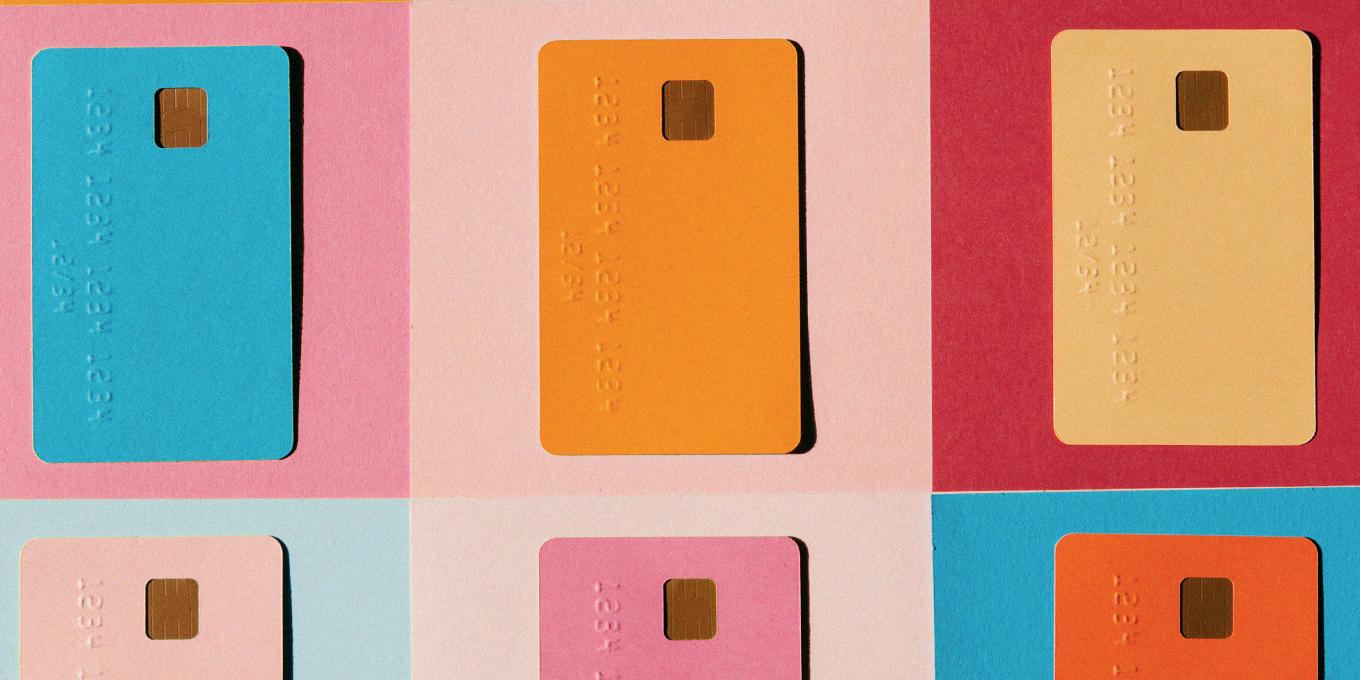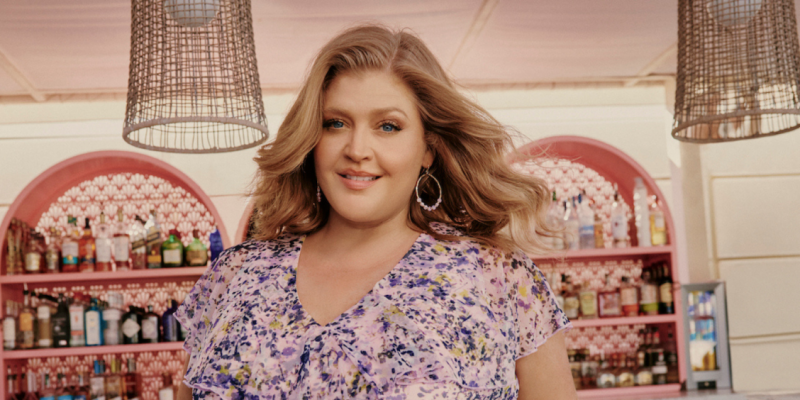Life and Love
How To Reassess Your Spending During A Pandemic
The COVID-19 slowdown is an opportunity for millennials to reassess their breakneck-speed spending.
by : Caitlin Stall-Paquet- Aug 4th, 2020

Laura Fishbaum
In March, our full-throttle pace of life – drinks with friends in loud bars, cozied-up movie-theatre dates and packed concerts – ground to an abrupt halt. While the subsequent period of isolation imposed by the COVID-19 pandemic allowed a privileged few to simply amass more wealth because of fewer opportunities to spend, many of us have seen our professional lives turned upside down. And millennials have been hit the hardest, losing jobs or having freelance careers derailed and filing for government financial relief in droves. In fact, 76 percent of our generation reported that their household income has been affected by the pandemic, according to a survey by credit-reporting agency TransUnion.
Reconsider Your Priorities
It’s time to reconsider our priorities. Millennials might be the most educated generation, but we are racking up credit-card debt to accompany our student loans, fuelling the e-commerce market as we click to buy in order to keep up with the aspirational wealth we’re met with every time we scroll through social media. As the celebrities we have obsessed over (and dropped our paycheques trying to emulate) post messages of hope from their mansions in an effort to gain our attention, we’re entering a likely-years-long recession as the most in-debt generation in a nation of credit junkies. Last year, Canadians sped past the not-so-’grammable milestone of reaching $100 billion in credit-card debt for the first time ever.
Though online marketing is now tailored to every one of us, it’s not only the ads for perfectly matte lipstick or just-sexy-enough lingerie that are helping to burn holes in millennials’ pockets. Personal-finance educator and author Kelley Keehn raises the facts that we have invested in expensive degrees in order to gain an edge in a squeezed job market full of other overeducated contenders and are now facing soaring housing prices as well. Many of us graduated during the recession of the late 2000s, and with the current situation, says Keehn, “maybe you just got your business going and then all of a sudden – boom! Contracts dried up or the company you had your contract with is not worth the paper it’s written on.”
There are many upsides to having grown up in a more affluent era, of course – for instance, millennials have an easier time sharing, says Keehn. But we also have an inherent comfort with having gig-economy giants like DoorDash and Lyft on our phones, which is one of the major reasons it seems like our money vanishes into thin air. Given our uncertain financial futures, we have a lot to gain from recalibrating how we go about our economic lives, and gaining financial literacy is an important place to start—as is looking closely at how we spend. (Hey, those blue-light glasses you just bought might even come in handy.) But before you get defensive about your monthly style-box delivery, know that Keehn isn’t suggesting that you cut out all non-essentials. As she puts it, her “message is not about sacrifice; it’s about choice and awareness.”
Figure Out Your Cash Flow
Taking our heads out of the sand and getting a full picture is essential to understanding our money, which is the first step toward taking control of our finances – something that’s especially important for women. Zoe Wolpert, a financial adviser for online investing platform Wealthsimple, strongly encourages women to get a handle on their cash flow because “statistically, we make less, we take more breaks in our careers and we live longer,” she says. “Those are three really expensive realities.” The underlying issue might be a lack of confidence (“I don’t know enough”), laziness (“It’s hard”) or a simple inability to practise patience (“I want it now”). But having control over our own economic futures is one way we can help overcome systemic inequalities like having lower incomes than men and being seen as less employable because of potential parental leaves. Yet many millennial women in heterosexual couples still let men take the wheel and defer to them when it comes to long-term finances, according to a 2019 survey.
Slow Down on Making Purchases
In order to avoid losing everything, it’s clear that we need to slow down – which is not, unfortunately, a skill that millennials, who are used to overnight delivery, are known for. “What have we become that we can’t wait two weeks for something?” asks Keehn. She hopes that, beyond making changes like temporarily downgrading our Spotify subscriptions, the reduced spending we’ve been forced into will have a meaningful, lasting effect on our generation. Like many of us, she has had to wait weeks for her casual Amazon purchases – like, say, a bag of almond flour – when they’ve gotten trapped in the virtual traffic jam created by a nation of people shopping from the couch in their sweatpants. The pause that now exists between checking out our online cart and the package thumping down on the doorstep has given us a moment to stop and reflect. “I think this will slow us down so we appreciate purchases and savour them more,” says Keehn. She has taken to calling it the “Slow-vid” pandemic.
As we exit confinement and grapple with our new reality – in which our workplaces and public spaces are permanently changed – we have to redefine our relationship with spending; it would be a missed opportunity to toss out the more sustainable consumer habits we’ve developed while in isolation. Rather than striving to keep up with the Kardashian-Jenners, we could reassess and take pride in the adaptability we’ve shown. We can continue to prove that we’re able to do more with less. Our futures pretty much depend on it – and what have you one-click purchased that was worth more than that?
How Can You Assess Your Burn Rate?
It’s vital to take stock of where you’re actually spending your money on a monthly basis. Keehn suggests doing what she calls “the 30-day anti-budget”: Print all your statements (yes, on actual paper), comb through your expenses and start highlighting. Pick one colour for purchases you can axe, like that third TV subscription service you don’t use or the fast-delivery opt-in you never got around to cancelling, and another colour
for items you can cut back on. (Looking at you, Uber Eats.) This way, you can identify the areas where your money is disappearing and assess whether those purchases are actually necessary or, if not, whether they’re worth it. Once you’ve looked at all your data, you can start tweaking your behaviour if an adjustment feels called for. To help you make changes, suggests Keehn, keep a financial journal in which you track every single one of your expenses – a meticulous process that could annoy you into better spending habits.
Is Now the Right Time to Jump Into the Stock Market?
Though millennials are less likely to invest than any other age group under 65, Wolpert advises investing only if you have a rainy-day fund set up in a high-interest savings account that has enough to cover your personal expenses for three months and if you’ve paid off any credit-card debt. And don’t worry – you haven’t missed your chance to buy low. “If you’re a long-term investor, it’s not going to be the only time that you see a downturn like this,” says Wolpert.
This article originally appeared in the Summer 2020 issue of ELLE Canada. Subscribe here.
READ MORE:
How 5 Brides Rearranged Their Wedding Plans During the Pandemic – and What it Cost
Newsletter
Join our mailing list for the latest and biggest in fashion trends, beauty, culture and celebrity.
More from Life and Love
Read Next

Beauty
Dyson Just Launched Its Most Intelligent Hair Dryer Yet
Get ready to upgrade your blowout game.
by : Lauren Knowles- Apr 25th, 2024

Fashion
Meredith Shaw Created a Plus-Size Summer Dress Collection That "Feels Like Candy"
The morning show host joined forces with PENN. to create a curated collection for sizes 14-32.
by : Allie Turner- Apr 25th, 2024

Beauty
Summer Prep: How to Feel Confident in Your Swimsuit
New Size-Inclusive Swimwear: Gillette Venus partners with The Saltwater Collective to Launch a Collection for Any Body
by : ELLE Canada- Apr 24th, 2024




